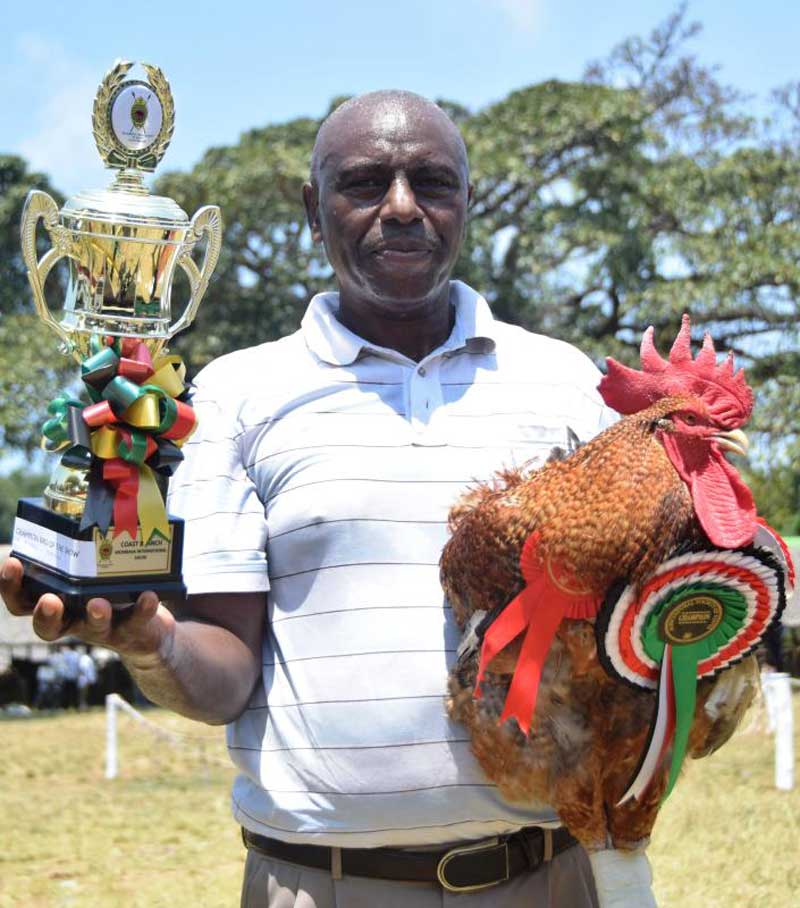×
The Standard e-Paper
Home To Bold Columnists

Mombasa based poultry farmer, David Muturi (pictured) is all smiles for the second year running after winning the coveted 2018 Champion of Birds award at the ongoing Mombasa International Agricultural Society of Kenya (ASK) show.